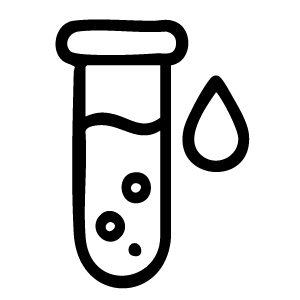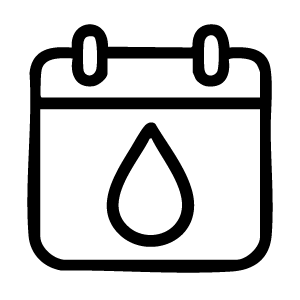High Cholesterol
CardioNow specializes in testing and managing high cholesterol. According to the Centers for Disease Control and Prevention, about 86 million US adults age 20 or older have total cholesterol levels above 200 mg/dL. Nearly 25 million adults in the United States have total cholesterol levels above 240 mg/dL. Our cardiac team offers advanced testing and personalized care to help you understand the causes, symptoms, and effective treatment options for high cholesterol. Schedule an appointment and let us guide you toward better heart health.

What Is Cholesterol?
Cholesterol is a waxy substance that your body needs to build cells and make certain hormones. However, when cholesterol levels in your blood become too high, especially LDL (“bad”) cholesterol, it can build up in your arteries and increase your risk of heart disease, heart attack, and stroke.

Key Cholesterol Types
- LDL (Low-Density Lipoprotein): “Bad” cholesterol that contributes to plaque buildup.
- Large Buoyant LDL (lbLDL): These are the "regular" or "fluffy" LDL particles, which are less likely to cause plaque buildup.
- Small Dense LD (sdLDL): These particles are smaller and denser. They have a greater tendency to penetrate the artery wall and oxidize, increasing the risk of atherosclerosis and heart disease
- HDL (High-Density Lipoprotein): “Good” cholesterol that helps remove LDL from the bloodstream.
- Triglycerides: Another type of fat; high levels further increase heart disease risk
How High Cholesterol Affect the Heart
- Plaque Formation:
When you have too much LDL (“bad”) cholesterol in your blood, it can stick to the walls of your arteries. Over time, this forms plaque—a mix of fat, cholesterol, and other substances. - Narrowed Arteries:
As plaque builds up, the arteries narrow and stiffen, reducing blood flow to the heart and other organs. - Reduced Oxygen to the Heart:
If the heart doesn’t get enough oxygen-rich blood, it can cause chest pain (angina) or other symptoms of coronary artery disease. - Heart Attack Risk:
If a plaque ruptures, a blood clot can form and block the artery completely, causing a heart attack (myocardial infarction).
Prevention and Management
At CardioNow, we take a proactive and personalized approach to managing cholesterol. Our specialists use advanced testing to understand your full lipid profile and overall cardiovascular risk. From there, we develop a plan that may include:
Cholesterol Medications
Specific medication prescribed will depend on the individual's cholesterol levels, medical history, and other factors.Lifestyle Changes
Maintaining a healthy diet, regular exercise, and managing risk factors like high cholesterol can help lower risk of heart disease.Advanced Testing
Unlike a standard cholesterol blood test (lipid panel), advanced testing identifies and distinguishes between small dense LDL and large buoyant LDL.Regular Monitoring
Monitoring helps doctors assess the risk of plaque buildup in the arteries, track the effectiveness of lifestyle changes and medications.
Manage High Cholesterol For Your Heart Health
Managing cholesterol is one of the most effective ways to prevent heart disease. Whether you’re newly diagnosed or have been managing high cholesterol for years, our team will work closely with you to keep your heart on the right track.
Schedule a Consultation With Our Expert Cardiologists
Contact Us Today



